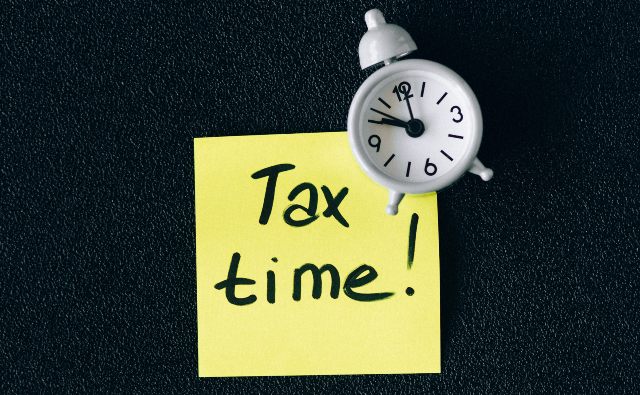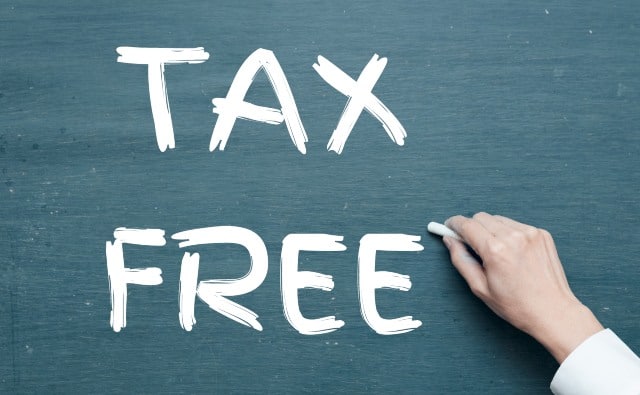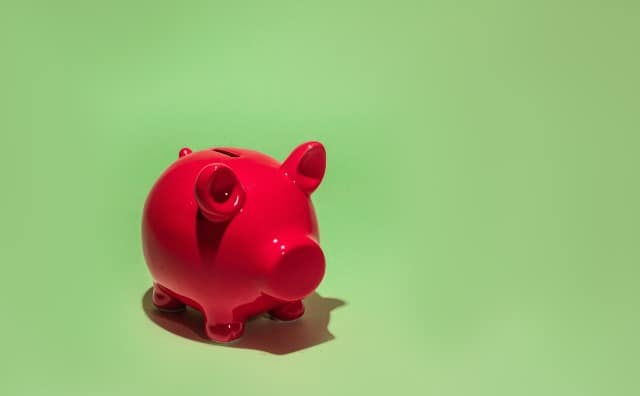Last Updated on July 24, 2022 by The MediFi Guy
So how does one achieve Financial Independence? Luckily for us, the entire collection of personal financial theories can be summarised in one short simple sentence:
“Spend less than you earn, and invest the difference”
So in order to become financially independent, one should:
1) Earn more money
2) Spend less than they earn
3) Invest the difference left over
Earn more money
“Spend less than you earn, and invest the difference”
I think the idea that earning more money is a necessary step towards financial independence is very intuitive and honestly barely needs an explanation. The more you earn, the more money you have, and with more money comes more freedom to choose to live how you see fit. It’s as simple as that.
That being said, it does come with a few caveats for doctors.
For the average person, yes, it’s important to try to maximize earnings. There are many ways of doing this: getting a higher-paying job, negotiating a raise, working overtime, starting businesses, having “side hustles” etc. The thing is as a doctor your starting salary is more than enough to easily become financially independent by the standard retirement age (or even much earlier depending on your goals), therefore there’s little need to pursue additional money-making ventures – although you should if you can. Another consideration is that due to the nature of the medical career path most doctors won’t even have the aforementioned options that other non-medics have to increase their earnings. The standard career path in medicine (5-6 years of medical school, 2 years of internship, then 1 year of community service after which your choices are basically between becoming a GP, continuing on as a “chromo”, or specializing) offers little to no opportunity to gain additional income through the usual means. Thus your choices are limited. And even if it did it’s highly likely that you wouldn’t have the time nor energy to pursue such opportunities due to the demands of the career (mainly the never-ending calls/overtime work).
Luckily for us, we’ve already been blessed with one of the highest starting salaries of all the professions in SA, therefore you’ve essentially already succeeded in achieving the first goal of “earning more.”
Spend less than you earn
“Spend less than you earn, and invest the difference”
This is the one thing that all people have control over, regardless of who you are, what work you do, or what you earn. The first step to spending less than you earn is to know where every single cent you earn comes from and how it’s spent and to then use this information to plan how your money will be spent in a manner that minimizes your expenses as much as possible. Another term for this is Budgeting
What’s a quick, easy, modern, and convenient way to do this? By using an app of course! And that app is “22seven” (note: I am in no way affiliated with or sponsored by 22seven).
22seven is a free app owned by Old Mutual. The app allows you to create a profile and link all of your bank accounts, credit accounts, investments, loans/debts, and rewards cards to the profile. It then automatically breaks down your income and expenses into various categories and creates a budget for you. You can modify/adjust the budget to your liking, and the app will automatically keep track of your transactions and any changes to the accounts that you link to it – frequently updating in real-time. The app only has read access to your account, meaning that all it can do is look at information and keep track of the changes. You cannot use it to do any transactions or make changes to your accounts – so don’t worry about it “hacking” into your accounts or anything like that. It’s basically a highly convenient, centralized, and safe (backed by Old Mutual) way of keeping track of your entire financial situation and budgeting.
Other useful functions are the way it automatically keeps track of your net worth, gives you “nudges” which are various tidbits and tips regarding your current financial situation and how to improve it, and gives you very detailed monthly reports of everything.
Once you’ve used 22seven to create a budget. You’ll have a better idea of how your money gets spent, and can then start to go about cutting back on certain expenses. Without full control over your spending, the more you will unknowingly spend. The more you spend, the less of your income you’ll have to invest. The less you invest, the longer it will take you to reach financial independence and the longer you will have to live with limited choices.
There are many ways to reduce your expenses, and how you do so will depend on your particular circumstances. General tips would include things such as:
1) Paying off existing debt as quickly as possible, starting from the highest interest to the lowest interest debts.
2) Avoid getting into more debt by saving and paying for things with cash instead of buying with credit/on contract (if you can’t pay cash for it, you can’t afford it).
3) Lowering your living expenses by limiting luxuries such as eating out and instead cooking.
4) Cutting back on little-used subscription services (eg various streaming services you never watch, gym memberships although you never attend, uncapped wifi even though you only ever use 100Gb, etc)
5) Switching to a bank account that offers all the functionality that you require and features that you actually use, but with the lowest charges/admin fees (avoid private banking)
6) If your geyser is easily accessible and meets the safety requirements, consider purchasing a geyser blanket (Geysers tend to account for 40% of electricity costs)
7) Minimising your commute time. Try to live as close as possible, preferably within walking distance of your place of work. This eliminates the costs of commuting, but more importantly, gives you more time to do what you want with your day.
And many more.
One could spend ages listing various ways of cutting back on expenses. Most of the stuff is common sense anyway. Ultimately what you decide to do depends on your own personal circumstances, values, motivations, discipline, and goal.
Invest the Difference
“Spend less than you earn, and invest the difference”
Notice, it doesn’t say “save the difference”. Saving is a recipe for remaining poor forever.
What’s the difference between saving and investing? Why can’t you just throw money in a savings account and be done with it?
The difference is inflation.
For simplicity’s sake, think of inflation as the phenomenon whereby the same amount of money is able to buy less stuff as time progresses. Like how back in the day R5 could buy you a packet of chips, a Bibo, and some sweets, but now in 2022 can’t even buy yourself a single packet of chips. Money losing its value (purchasing power) over time is inflation. You don’t need to understand how inflation works or what causes it, only that it exists, and is on average 6% per annum in South Africa.
Think of that 6% as representing a loss of 6% of your money’s purchasing power every year.
So if you save R100 today by keeping it under your mattress, it’ll have the purchasing power of R94 by the same time the following year. The longer it stays “saved” under the mattress, the more of its value it will lose over time.
Surely putting the money in a savings account is different from putting it under a mattress right?
The average bank savings account offers interest rates ranging from 6 – 8%pa
At the lower end of the spectrum if your account offers an inflation-matching interest rate of 6%pa your money might never lose value, yes, but it will also never grow. And you’ll never be financially independent.
But what if it offers 8%? That’s fine, right? That’s 2% more than inflation. Your R100 is growing by R2 every year!
Unfortunately, most of the higher inflation-beating rates offered by savings accounts only kicks in at a certain minimum amount saved, usually R100 000. So before you reach that point inflation would’ve already devalued your money. Even in the case that you do get that 8% interest rate, most of that extra 2% above inflation is likely going towards paying bank charges/transaction costs. The real return that you’re getting (minus inflation and bank fees) is probably closer to 1%. You’ll never be financially independent with a 1% real return on savings.
So are savings accounts a bad thing? No! They are actually very useful. And you will need one after you have created your budget and minimized your expenses, as it’s what you’ll be using to accomplish the first step of your investing journey – Creating an Emergency fund.
So to recap, so far we have covered:
- Earning more money – Accomplished by virtue of being a doctor
- Spend less than you earn – Accomplished by creating a budget and minimizing expenses
In the coming posts, we will delve into what it means to “invest the difference”, starting with the prerequisite before you should even think about doing so – that being the creation of an Emergency Fund.
Legal Disclaimer: The information on this website including research, opinions or other content is not intended to and does not constitute financial, accounting, tax, legal, investment, consulting or other professional advice or services. The author of this blog does not act or purport to act in any way as a financial advisor or in a fiduciary capacity. Prior to making any decision or taking any action, which might affect your personal finances or business, you should take appropriate advice from a suitably qualified professional or financial adviser.



